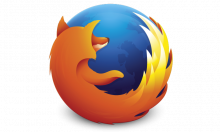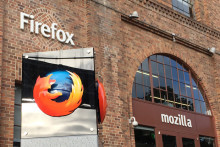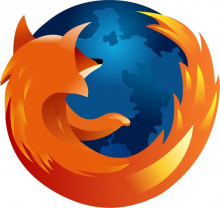Mozilla has had enough of Flash’s security flaws, disables Firefox plugin
Mozilla has blocked all versions of Adobe Flash in its Firefox browser by default, following the discovery of numerous critical security flaws in the platform.
Mark Schmidt, head of Firefox Support, took to Twitter to announce the change.
The news comes just a day after Facebook’s chief security officer Alex Stamos called for moves to force the extinction of Flash, as the plugin is reportedly being used to spread malware on users’ systems via security exploits.












































































